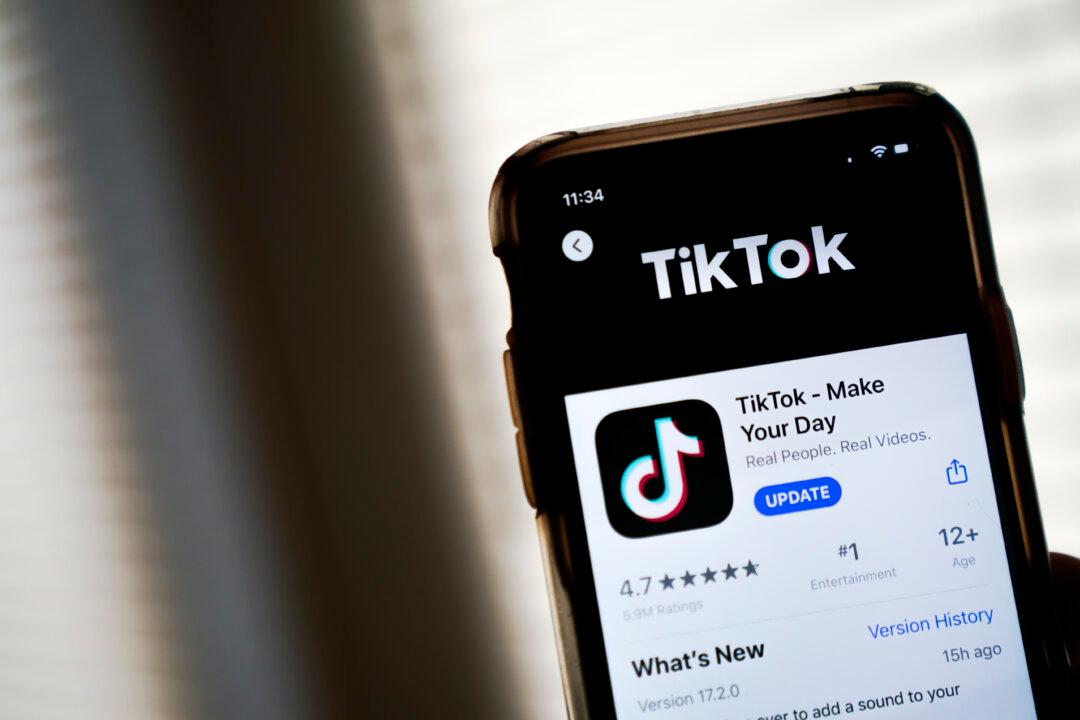About 20 former U.S. national security officials filed a legal brief in an appellate court on Aug. 2 to defend the divest-or-ban law on TikTok, a video app owned by Beijing-based ByteDance.
The law, enacted in April with broad bipartisan support, requires ByteDance to sell TikTok, or the app would be banned in app stores on mobile devices and on web hosting platforms in the United States. The initial deadline for such divestiture is Jan. 19, 2025, and at the U.S. president’s discretion, TikTok may be given an additional three months to complete the transaction.



